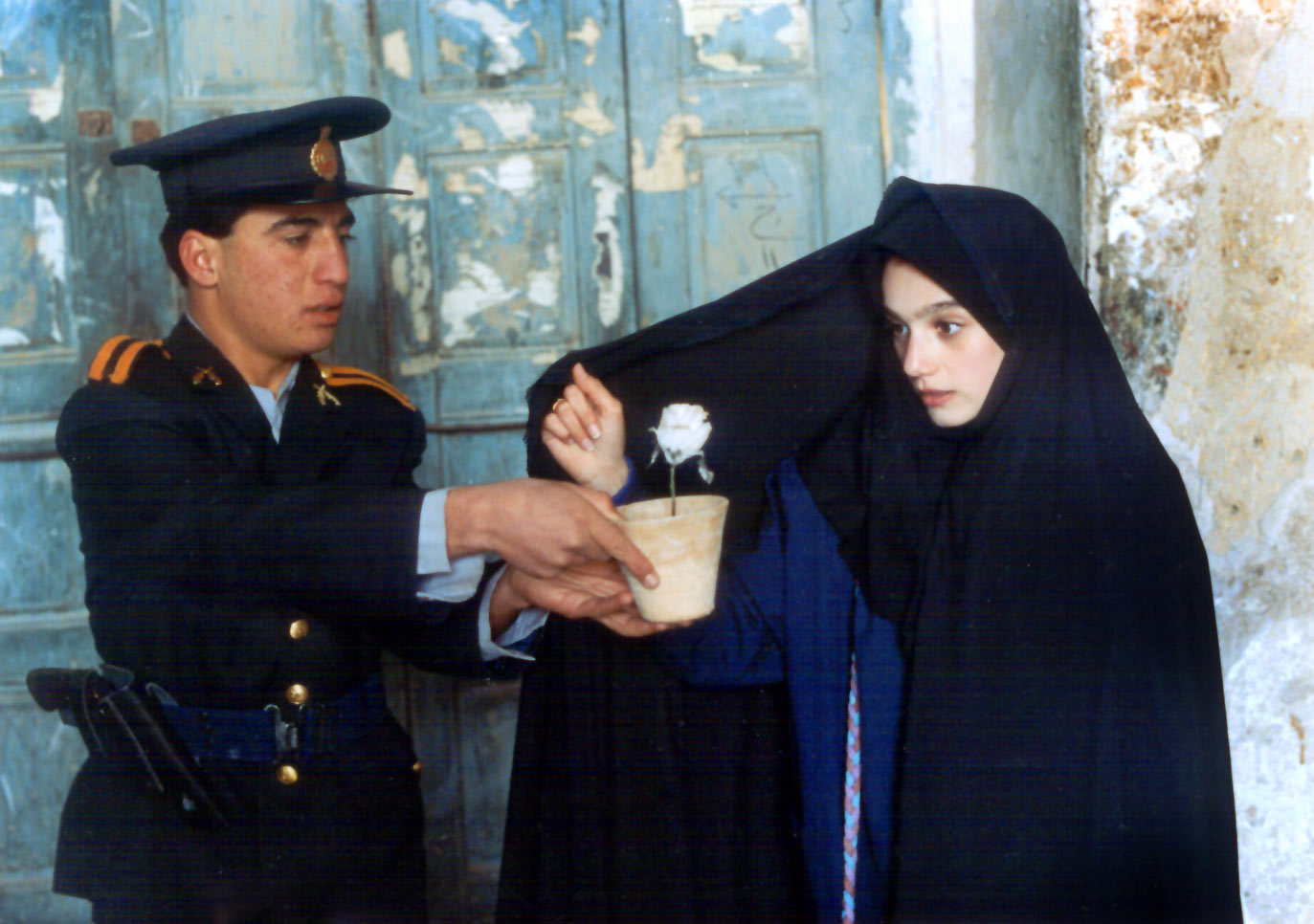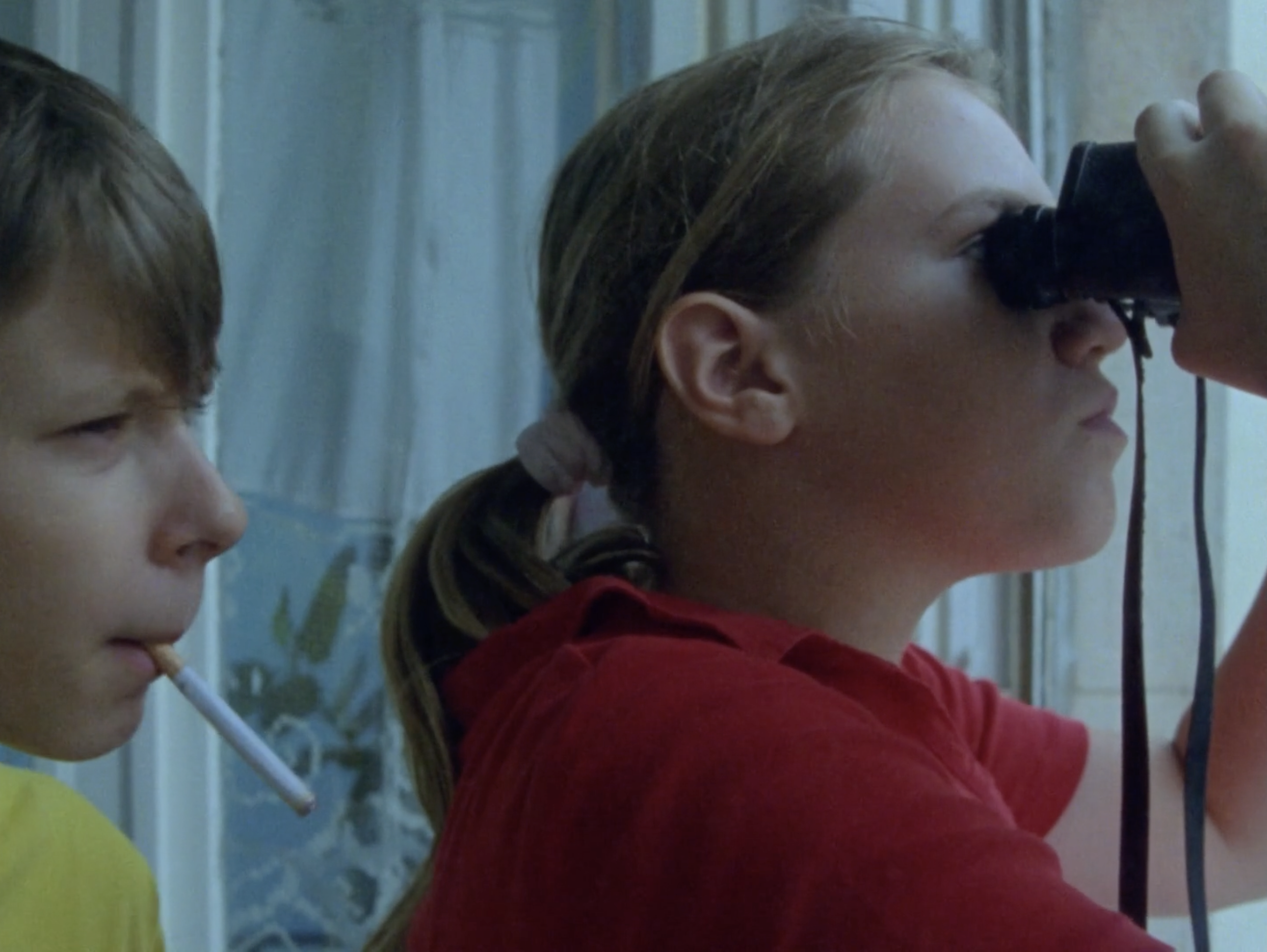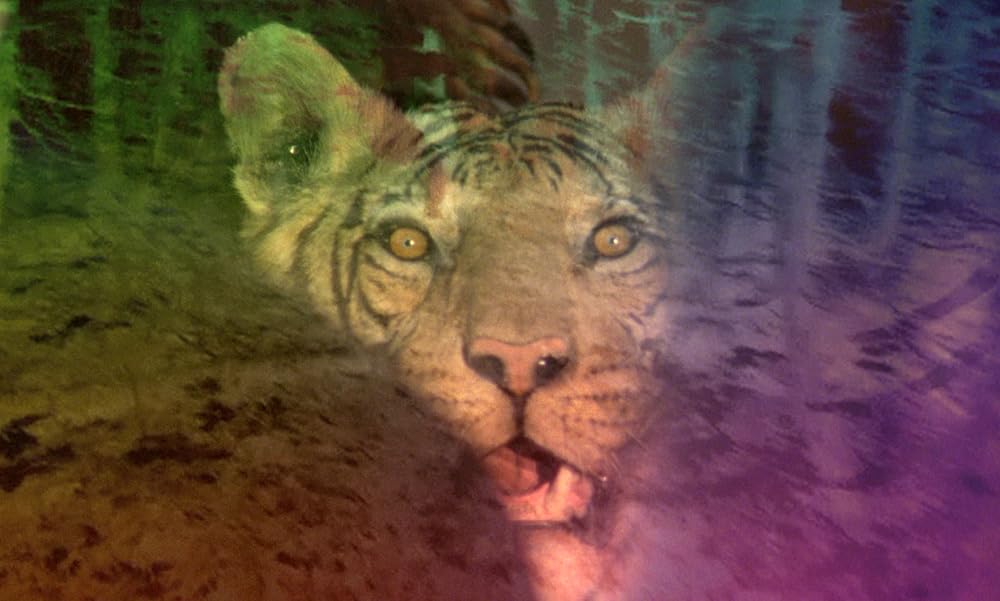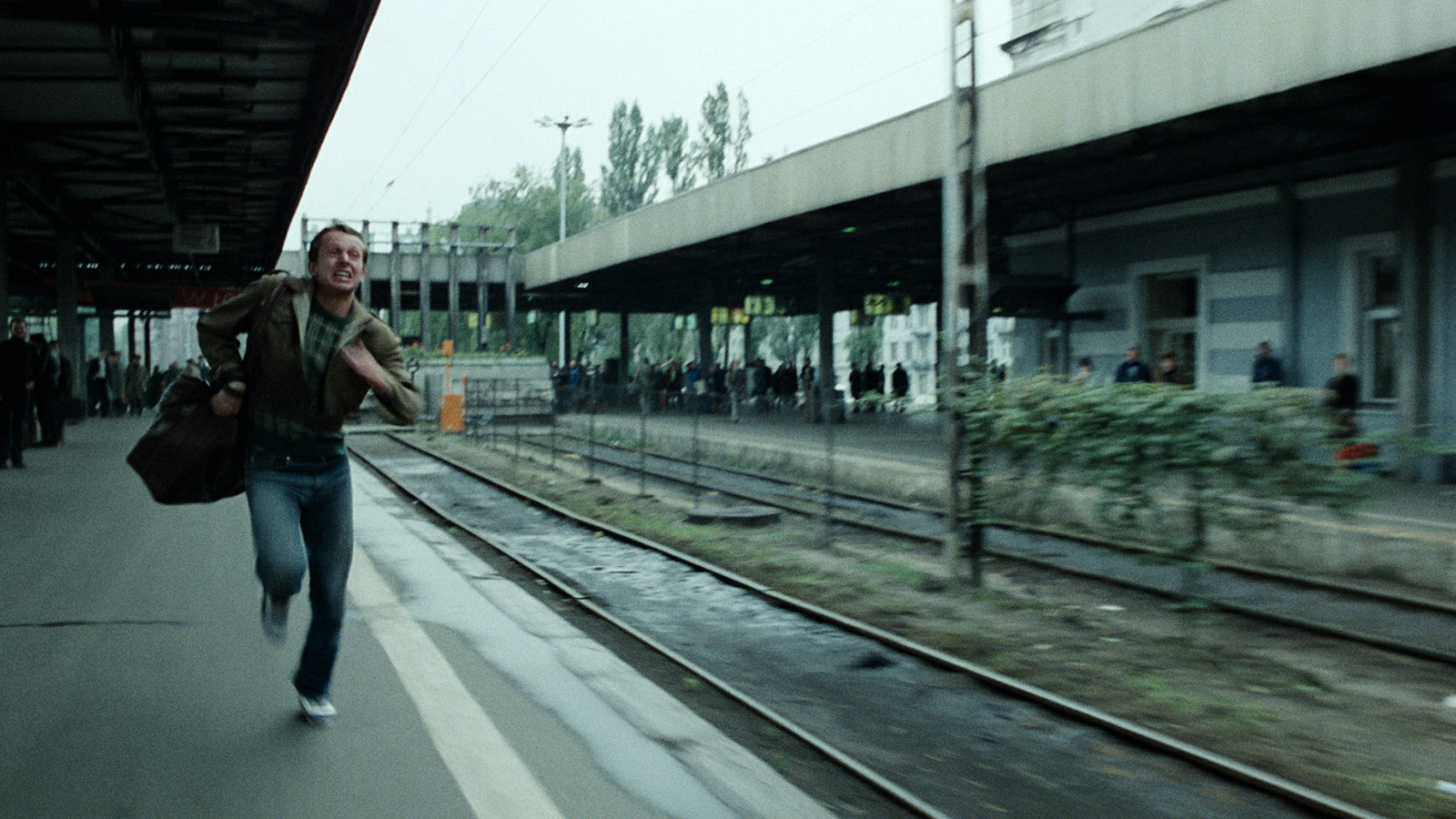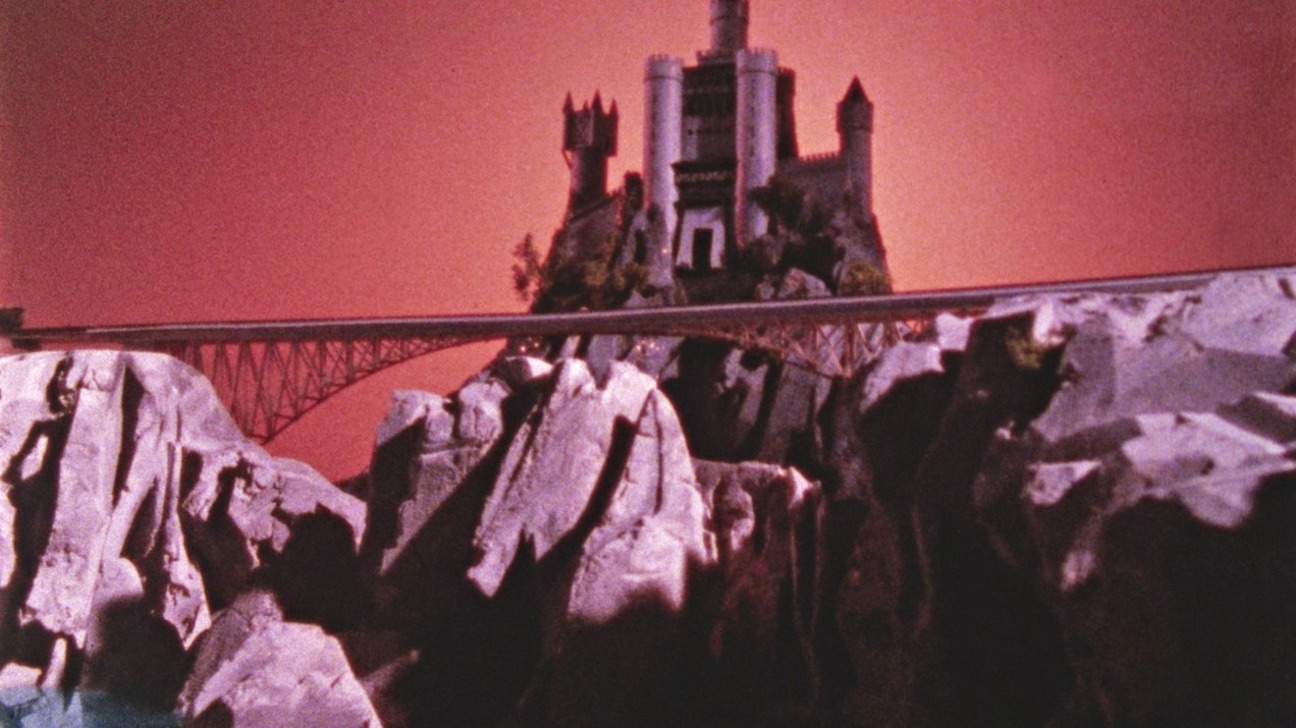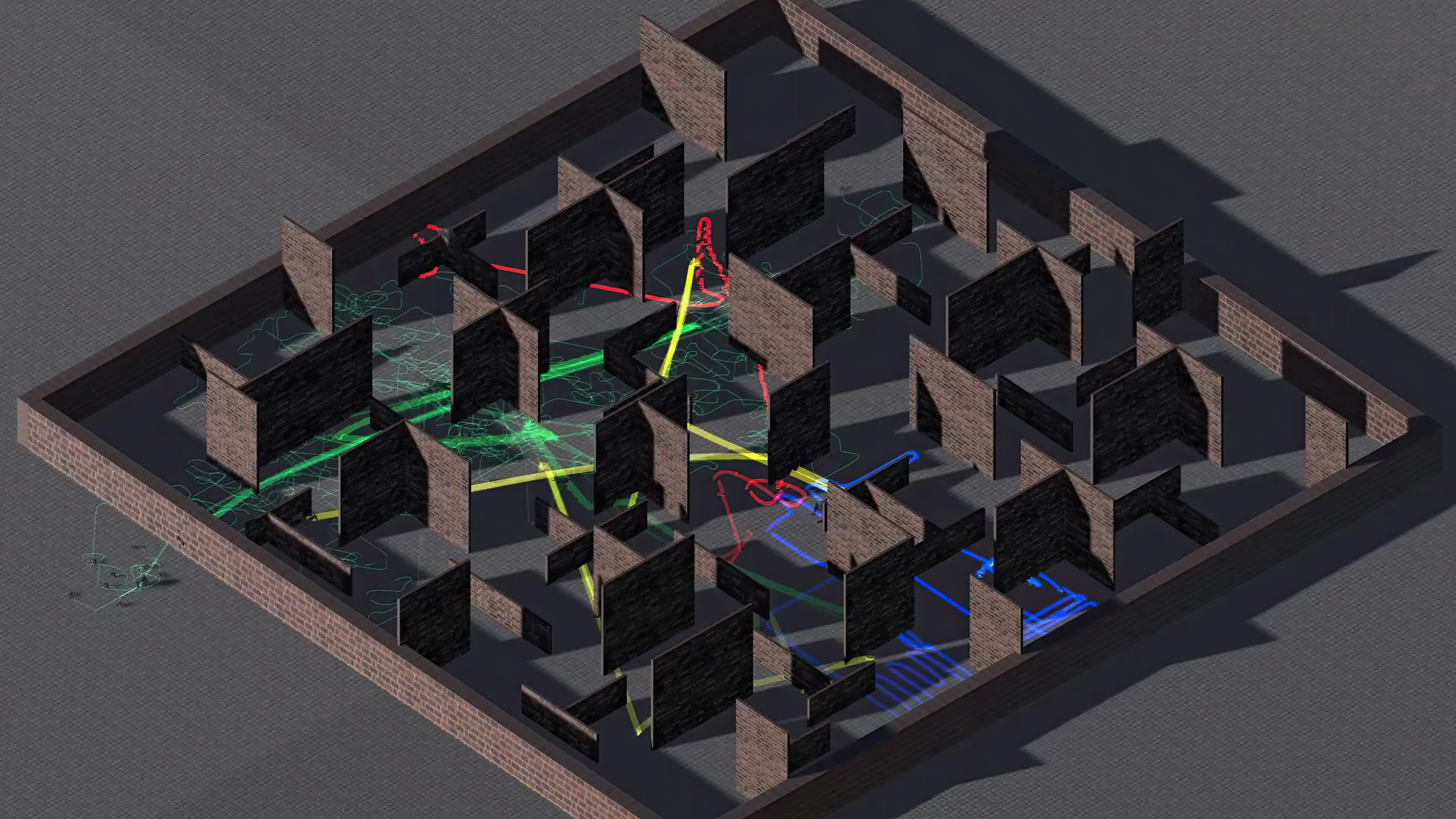Admission starts at $5
July 20, 2023, 7pm
Brooklyn 11205
USA
Join us at e-flux Screening Room on Thursday, July 20 at 7pm for a screening of works by Agnieszka Polska followed by an in-person conversation with the artist.
In her body of work, Agnieszka Polska challenges conventions of prevalent visual representations and encourages viewers to engage in a critical examination of their own perception of the surrounding world. Through her distinct use of animation and computer-generated images, Polska navigates the boundaries between past and present, physical and virtual, real and imaginary, creating a dream-like cinematic space that is both familiar and strange. A selection of Polska's moving-image works from 2010 to the present will address cultural and political issues such as the complexities of historical memory, the impact of technology on our lives, and the deepening of the environmental crisis.
The screening is supported and co-presented by the Polish Cultural Institute New York.
Films
The Thousand-Year Plan (2021, 27 minutes)
The film, which combines animated and a live-action video, presents the processes of electrification, the development of power grid and technological megastructures into a governing planetary architecture: how human-technology relationship evolved into in a situation in which humans don’t live next to the technology, but rather inside a spherical, planetary technological organism. The installation has a dense structure and consists of many different types of audio and visual stimuli, designed to put the viewer into a hypnotic state of mind. With a poetic narrative and shattered edit, the work focuses on various aspects of the development of electromagnetic grid: its role as a map of socio-economic power, a tool of control, an emancipating factor, a placeholder for spirituality, an architecture for modern consciousness and later Information Age.
Perfect Lives (2019, 14 minutes)
In her film, Polska reflects on a 1990 control experiment, that took place when Galileo spacecraft was passing Earth on its way to Jupiter. In the experiment, scientists wanted to determine if data sent from Galileo will confirm the existence of life on Earth. The unique moment, when a civilization is seeking a scientific proof for its own existence, serves as a starting point for a dense, hypnotic essay, where dynamically edited multiple layers of stock footage create a melancholic atmosphere. The artificiality of everyday situations as depicted in stock libraries illustrate how a machine could perceive human life.
The New Sun (2017, 12 minutes)
The animated video The New Sun incorporates a character of the Sun: a child-faced star with a beautiful voice. In its half-sung, poetic monologue, the Sun directs its lover, a human - and in an unsettling manner, presents a gloomy vision of a collapsing world, where the only lasting and immutable elements are the words and language. The Sun‘s speech is a juggle of styles and moods: it goes from the elevated and emotionally-charged confessions to the goofy stand-up comedy, and ends up with an interpretation of “I got love“, a song from the 1970 musical Purlie. The general ambiance of the film is dark, but the sung monologue leaves a space for hope and marks the significance of words as tools of social responsibility.
Ask the Siren (2017, 10 minutes)
Ask the Siren presents the historical and cultural connotations of the figure of Mermaid in the context of Eastern European history. In a poetic fashion, the siren represents the annihilation of the pagan history during the Christianisation of Poland. The filmic character presents itself as being not able to be classified in any social or biological category. The works refers to Polish scholar Maria Janion’s book The Uncanny Slavdom.
My Little Planet (2016, 7 minutes)
Film presents an allegorical story of a society, where time is being measured by the movements of daily-use objects rotating around the planet: the Marlboro butt, bottle cap and sticking plaster. In the humorous fashion, the narrator describes the conventionality and arbitrariness of norms implemented on society.
Talking Mountain (2015, 9 minutes)
Film portrays a journey the artist took with a friend to find the Talking Mountain, a fabled hill that can answer any question. In their conversations, the two travelers focus on the human need to find the spiritual essence of non-living objects and how naming them is an act of creating reality.
The Garden (2010, 11 minutes)
The narrator of the film is an artist who, having emigrated to Sweden, left all his sketches in Poland and took up gardening in his new motherland. The story evoked by Agnieszka Polska bears resemblance to the biography of Paweł Freisler, artist active in the 1960s and 1970s in the neoavant-garde circles, who left for Sweden in 1976 and disappeared from the Polish artistic scene. Polska pays a hypothetical visit to Freisler’s Swedish garden and shows the way how the artist, notorious for spreading legends about his own performances, was able to build a narration related to his own disappearance.
How the Work Is Done (2011, 6 minutes)
In 1956 a group of students of the Academy of Fine Arts in Cracow locked themselves inside the sculpture and ceramics workshop, transforming the venue of daily labor into a space of passive existence. In her quasi-documentary, Agnieszka Polska re-enacts the strike. Juxtaposing its inherent inaction, not far removed from an artistic performance, with animations showing the humdrum character of everyday creative work, the artist poses a question about the social effectiveness of the artists’ efforts.
The Forgetting of Names (2009, 3 minutes)
Essay by Sigmund Freud read from off-screen, in which the famous psychoanalyst describes the phenomenon of forgetting and compulsive replacement in memory of proper names by other names, provides Polska with an opportunity to analyse the way memory functions in art. Like Freud, Polska draws attention to that what is forgotten or wrongly remembered and recurs subconsciously in a changed, ambiguous form. Freud’s narration is illustrated by works of art (Three L-Beams by Robert Morris from 1965, among others), which construct the image of art historical subconsciousness.
For more information, contact program@e-flux.com.
Accessibility
–Two flights of stairs lead up to the building’s front entrance at 172 Classon Avenue.
–For elevator access, please RSVP to program@e-flux.com. The building has a freight elevator which leads into the e-flux office space. Entrance to the elevator is nearest to 180 Classon Ave (a garage door). We have a ramp for the steps within the space.
–e-flux has an ADA-compliant bathroom. There are no steps between the Screening Room and this bathroom.










